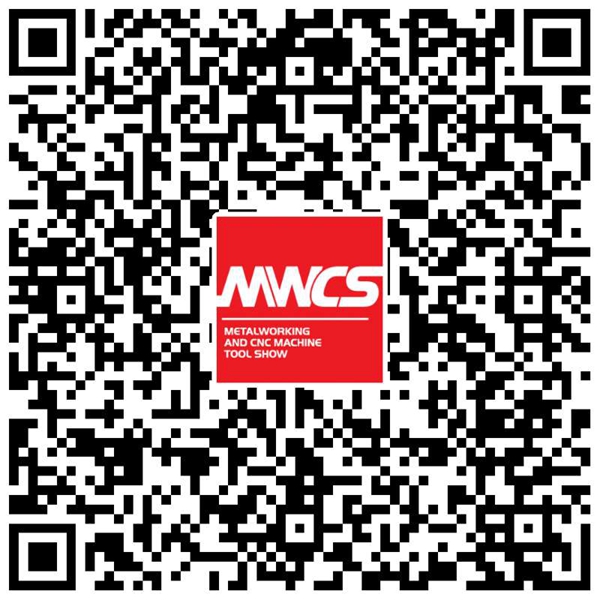
Sheet metal forming continues to evolve at a rapid pace. New materials, software, and forming technologies challenge our knowledge and capabilities. All this newness makes managing a supply chain stressful. If you can provide a customer with a little faith in a changing environment, you can open up opportunities for growth.
In automotive manufacturing, purchased parts and raw materials represent 50 to 60 percent of the cost of vehicle manufacturing. Given this, and the original equipment manufacturer’s (OEM’s) need to manage cost, suppliers have a strong effect on the final cost and quality of the end product. The more you can demonstrate your knowledge and capabilities as a supplier of sheet metal forming services, the better your chance of becoming a valued supply chain partner.
Unit costs are the low-hanging fruit for customers. However, your ability to deliver components on-time, your experience forming different material grades and types, and your testing and production capabilities all play a role in the real cost of your product, as well as your own profitability. You should be able to convince your prospects that they can be confident in your ability to provide reliable product, within spec and ready for use. You should also be able to demonstrate that you have the capability to grow as customer demands change. The more you can make prospects confident that you can form components without costly prototype and production issues and that you can solve many of your own problems, the greater your chance of landing current and future contracts.
The Buyer’s Perspective
Take a look from the buyer’s perspective. Finding the right forming partner is a difficult task. The supplier must be able not only to meet cost objectives, but also to form quality components reliably, supply components on-time, respond to design changes, and troubleshoot component and production problems.
When buyers evaluate you as a sheet metal forming supplier, they are evaluating your ability to meet requirements for quality, forming capability, and timely delivery—and to do so reliably. Buyers want to know:
What materials can you form? Manufacturers need a greater selection of suppliers that can form advanced, high-strength steels; aluminum; and other metals, such as magnesium.
Are you versed in international standards? Manufacturing is a global activity. OEMs need suppliers that understand the standards of several international agencies, including ISO, ANSI, JIS, and DIN. Also, you should be able to provide measures in both metric and English units.
Can you provide finishing services for the component?
Can you clean the formed components to necessary specifications?Remaining lubricants are a source of grime and can “gum up” assembly equipment. Your ability to remove all contaminants from the component helps customers know that you understand their manufacturing concerns, and it saves them time and money.
Can you test components to ensure compliance with specifications? Leak tests, weld tests, and metal properties tests are important activities in troubleshooting forming issues and ensuring product quality.
Do you provide design and simulation services?
Experience and Certification
Metal fabrication is as much an art as a science. Familiarity with the properties of sheet metals is critically important for your growth and profitability. Understanding and experience about how best to form, troubleshoot issues, and get consistent results helps drive your adaptability and cost efficiency.
Certifications also help assure customers that you are aware of, and comply with, industry standards. ISO/TS 16949 is used by the automotive industry to define systems for quality standards. ISO 9000 provides general guidelines for quality management systems. These and other certifications instill customer confidence in your ability to deliver consistent-quality products.
Cost versus Capabilities
When you quote on a bid, be sure to explain all the services you can provide and include assurances that your components will consistently meet customer specifications. In purchasing formed components, customers often select supply partners for the wrong reasons. Selection based solely on cost, for instance, often is a poor decision, and supplier quotes frequently do not allow apples-to-apples comparisons.
Therefore, it’s up to you to guide the buyer in selecting you based on your ability to provide consistent-quality product, your ability to grow with the customer, and your range of capabilities:
What grades of steel can you form?
What forming processes do you provide? Warm and hot forming? Shearing? Bending? Assembly? Welding? Tailor-welded blanks? Heat treating?
How clean and production-ready can you make your components?
Do you understand enough about material and forming technology fundamentals to expand your capabilities into new materials and technologies?
FROM thefabricator
BY BILL FRAHM









































